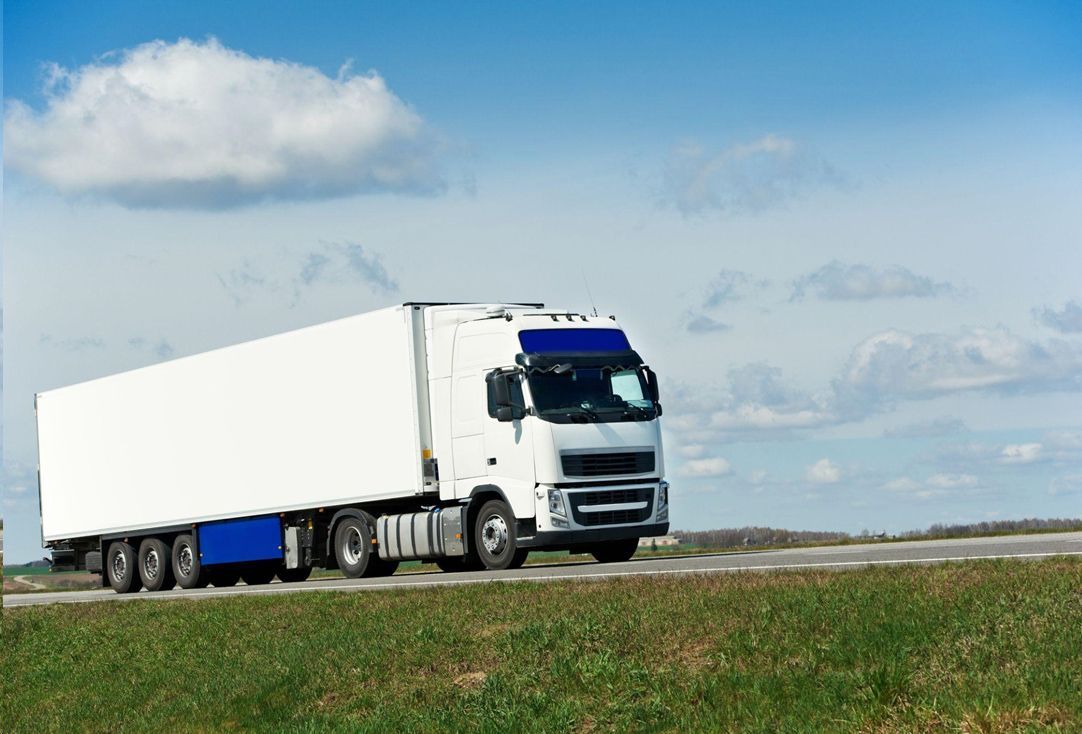Work-From-Home Job Turn Into Office Employment? Consider a Career in Trucking
- By admin
- •
- 13 Jul, 2021
- •
Do you need a new job? After a year or more of working from home, did your employer just call you back into the office? But is cubicle life not for you anymore? If you would rather switch careers than go back to an office job, take a look at what you need to know about trucking.
Why Go From an Office Job to Trucking?
The answer to this question depends on you - and your personal preferences or job goals. If you've always worked indoors in a sit-down office job, truck driving is a complete change that comes with plenty of benefits. When four walls and the same work setting day after day don't cut it, a job in truck driving:
- Offers a steady change in scenery. Whether you choose to work as a long-haul or local driver, you won't have to sit in the same office every day. Instead, you'll get to explore the open road and travel from state to state or around your town.
- Allows you to meet new people. Do you enjoy meeting new people? Did your former office job limit this? If a return to the office means a return to the same few faces you've seen every day for years, a truck driving job can change this. As a trucker, you'll interact with different customers daily or weekly.
- Allows you to spend time by yourself. Is the social aspect of office life your least favorite part of the job? While some truckers enjoy meeting new customers or clients, others prefer the solitude of the open road.
- Provides freedom and flexibility. Your work-from-home schedule had the flexibility you need. But a nine-to-five, Monday through Friday office job doesn't. While some truckers do work set hours, other drivers have a flexible schedule. This could include one week on-one week off, nighttime hours, or other nontraditional options.
Along with these benefits, truck driving could improve your finances. According to the U.S. Bureau of Labor Statistics (BLS), in 2020, the median pay for a heavy or tractor-trailer truck driver was $47,130 per year. If the earning potential in the trucking field is higher than what your office job pays, a switch could help you to mortgage a new house, buy a new car, or make other major life changes.
How Can You Become a Truck Driver?
Now that you know more about the reasons to transition from an office job to a truck driving career, take the next step. If you're serious about this major life change:
- Contact a training program. The specific background requirements necessary to drive a truck professionally vary by state. A truck driving training program can help you to understand what type of education and hands-on experiences behind the wheel you need. You may need to contact a few schools to decide which one is the best option.
- Enroll in a training program. A training program provides you with the basic knowledge you'll need to safely operate a truck or tractor-trailer. After you contact driving schools, choose one that matches your needs and enroll in the next available class.
- Get the right license. The type of license you need to drive professionally depends on what type of job you want. You'll likely need a commercial driver's license (CDL). This could include a Class A, Class B, or Class C license and endorsements (such as hazardous materials or passenger).
If you're not sure what to look for in a training program, talk to industry professionals. Truck drivers or trucking employers can provide you with a list of experience or training requirements necessary to work in this field.
Are you ready to start a new career? Contact Commercial Trucking School for more information.







